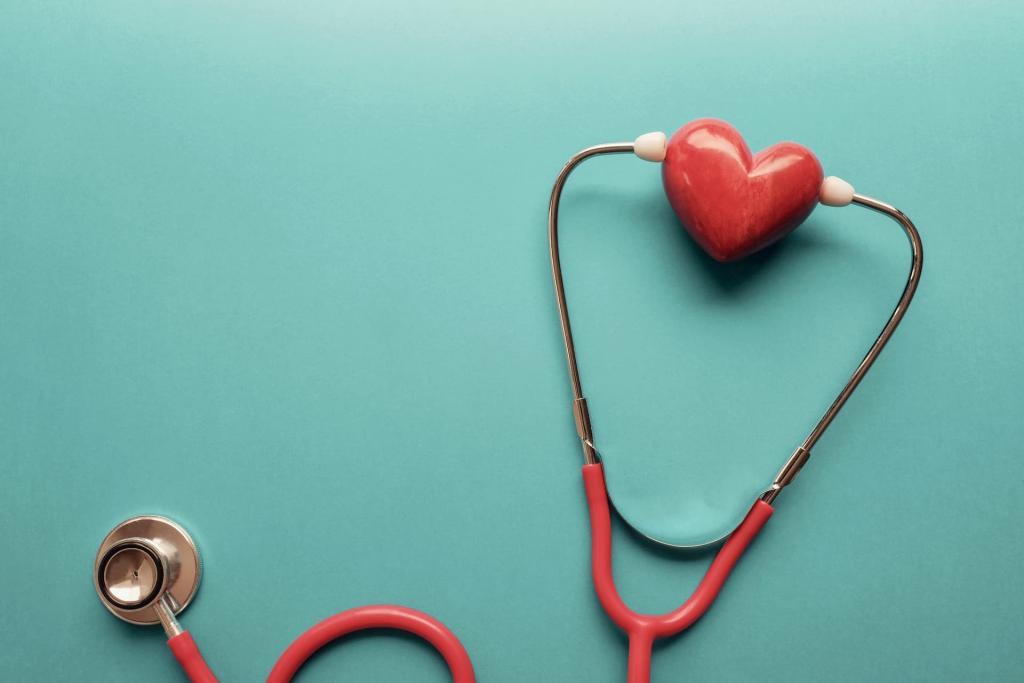
Are These Cholesterol Meds Dangerous?
If you or someone you know has high cholesterol or cardiovascular disease, you may have heard the name ‘statins’. It’s a name that crops up in health articles, usually with scare stories about dangerous side effects. Some readers may even have been prescribed a statin medication and are concerned about what might happen if they take it. Is it really true that taking statins can cause problems as severe as muscle damage and inflammation of the liver? Let’s look at the facts behind this drug and find out if the fear is justified or simply misinformed.
What Are Statins?
Statins are a group of medications used to reduce levels of LDL cholesterol in the blood. This particular type of cholesterol – ‘low density lipoprotein’ – can cause all sorts of serious health problems if it builds up in the body. High levels of LDL cholesterol narrow your arteries and can clog them, leading to a condition known as Atherosclerosis[1]. Blood and oxygen flow to the organs becomes restricted by the blockages of cholesterol, increasing the risk of blood clots and eventually leading to cardiovascular disease.
Cardiovascular disease (CVD) is one of the biggest killers in the UK. It causes heart attacks and strokes and many people don’t experience symptoms from high cholesterol until they develop CVD. It’s important to get your cholesterol levels checked regularly and live a low-cholesterol lifestyle[2]. However, sometimes lifestyle changes aren’t enough and statins need to be prescribed.

Who Should Take Statins?
If you’ve been diagnosed with cardiovascular disease or you’ve been identified as somebody who is likely to develop it, you may be prescribed statins. As cardiovascular disease is so dangerous and statins are particularly effective as a treatment, you should always follow the course of statins treatment given to you. However, there are many considerations that have to be taken into account before anybody can start taking statins.
For example, people with liver disease generally shouldn’t use statins as they are at a higher risk of serious side effects. You should have a blood test before starting your statin treatment to check that your liver is in good condition, and continue to attend check ups throughout your treatment.
If you’re pregnant or breastfeeding, you likely won’t be prescribed statins. This is because it is inconclusive as to whether statins can cause pregnancy complications or defects[3].
Can Statins Cause Muscle Damage?
There are some people who may be at increased risk of developing Myopathy as a side effect of taking statins. Myopathy is a condition that can weaken the muscles, in some cases leading to kidney damage[4].
You may have a higher risk of developing Myopathy during statin treatment if you:
- Have a family history of Myopathy.
- Have previously experienced muscle-related problems when taking statins.
- Are over 70 years of age.
- Drink heavy amounts of alcohol regularly.
If any of these apply to you, you may still be prescribed statins. Myopathy is a rare side effect, but you will need to be monitored more closely and likely will be prescribed a lower dose. If you experience any of these signs of myopathy, you should stop taking statins and contact your doctor.
Do Statins Interact With Other Drugs?
There are certain medications and substances that can increase the risk of side effects from statins.
These include:
- Warfarin
- Ciclosporin
- Amiodarone
- Fibrates
- Danazol
- Verapamil
- Certain HIV medications, e.g. Ritonavir
- Certain antibiotics or antifungals, e.g. Erythromycin
You should always discuss your medication history with your doctor or pharmacist before taking statins. If you are taking or have taken any of the interactive medications on this list, you may still be prescribed statins but there could be additional considerations to your treatment (e.g. lower dosages).
As for food and drink, you should avoid grapefruit juice and alcohol. Grapefruit juice in large quantities can increase the risk of unpleasant side effects from statin medications. Drinking large amounts of alcohol when taking statins can increase your risk of developing Myopathy.
Do Statins Cause Side Effects?
Most of the concern around statins comes from their reported side effects. In truth, statins are well tolerated drugs and many people don’t experience significant side effects from their treatment.
The most frequently reported (1 in 10 people) side effects of statins include:
- Headaches
- Digestive problems such as constipation or diarrhoea
- Nosebleeds or running nose
- Sore throat
These kinds of side effects are mild and common throughout many other medications. However, if you are concerned about any side effects you experience during your course of treatment, make sure to let your doctor or pharmacist know. They may prescribe an alternative statin or change the dosage.
Are Statins Safe?
When taken as prescribed, statins are a safe and effective medication for treating high cholesterol with minimal side effects. Yes, there are many considerations that have to be made before you are prescribed them, and some people will have to be closely monitored throughout their treatment. For some, this could be a cause for concern. However, statins are literally life saving medications! The alternative is untreated cardiovascular disease, which has a high mortality rate. Statins really are one of the most effective medications for reducing your risk of a heart attack or stroke, and many people never experience any significant side effects.

Can You Buy Statins Online?
Yes, statin medications can be ordered online. Registered online prescribers such as e-Surgery can deliver statin medications such as Atorvastatin straight to your front door from just £8.95. Other options include Simvastatin and Rosuvastatin.
Sources
- Atherosclerosis Information | National Heart Lung & Blood Institute
- Lower Your Cholesterol | NHS
- The Risks Of Statin Use In Pregnancy: A Systematic Review | NCBI
- Myopathy Information Page | National Institute of Neurological Disorders And Stroke
Further Reading
- High Cholesterol – Causes, Symptoms & Treatments | British Heart Foundation
- Statins | NHS
- Statin Side Effects | MedMD
- Atorvastatin | National Institute For Health And Care Excellence







